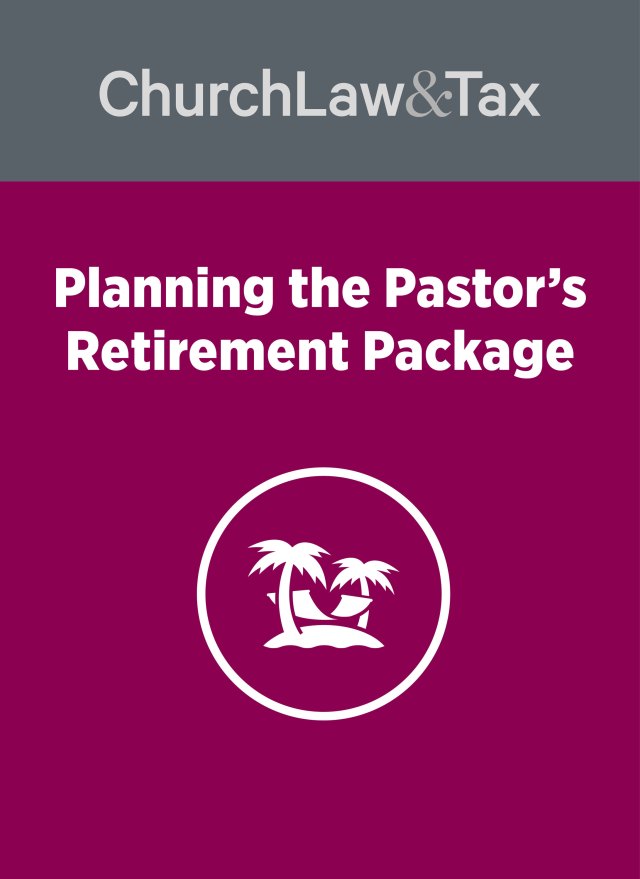Q: We have a ministerial staff member who opted out of self-employment taxes many years ago, and now wants to begin contributing to Social Security so that he will have retirement and Medicare benefits. His idea is that if we treat him as a nonministerial employee, he and the church will begin paying Social Security and Medicare taxes on his salary. Is this possible?
No. Section 3121(b)(8)(A) of the tax code specifies that for Social Security, a duly ordained, commissioned, or licensed minister is treated as self-employed with respect to services performed in the exercise of ministry (with the exception of some chaplains). This is true even if a minister is an employee for income tax purposes. As a result, a minister reports and pays Social Security taxes as a self-employed person (and not as an employee) with respect to services performed in the exercise of ministry. Some churches withhold the employee’s share of Social Security and Medicare taxes from ministers’ compensation and then pay the employer’s share. This may be due to unfamiliarity with the law, or for ulterior purposes such as padding an exempt minister’s Social Security contributions. In either case, this is incorrect reporting.
A minister’s status for Social Security is not a matter of election or choice. It is a matter of federal law. As noted, the tax code specifies that ministers are self-employed for Social Security with regard to compensation received for performing ministerial services.



